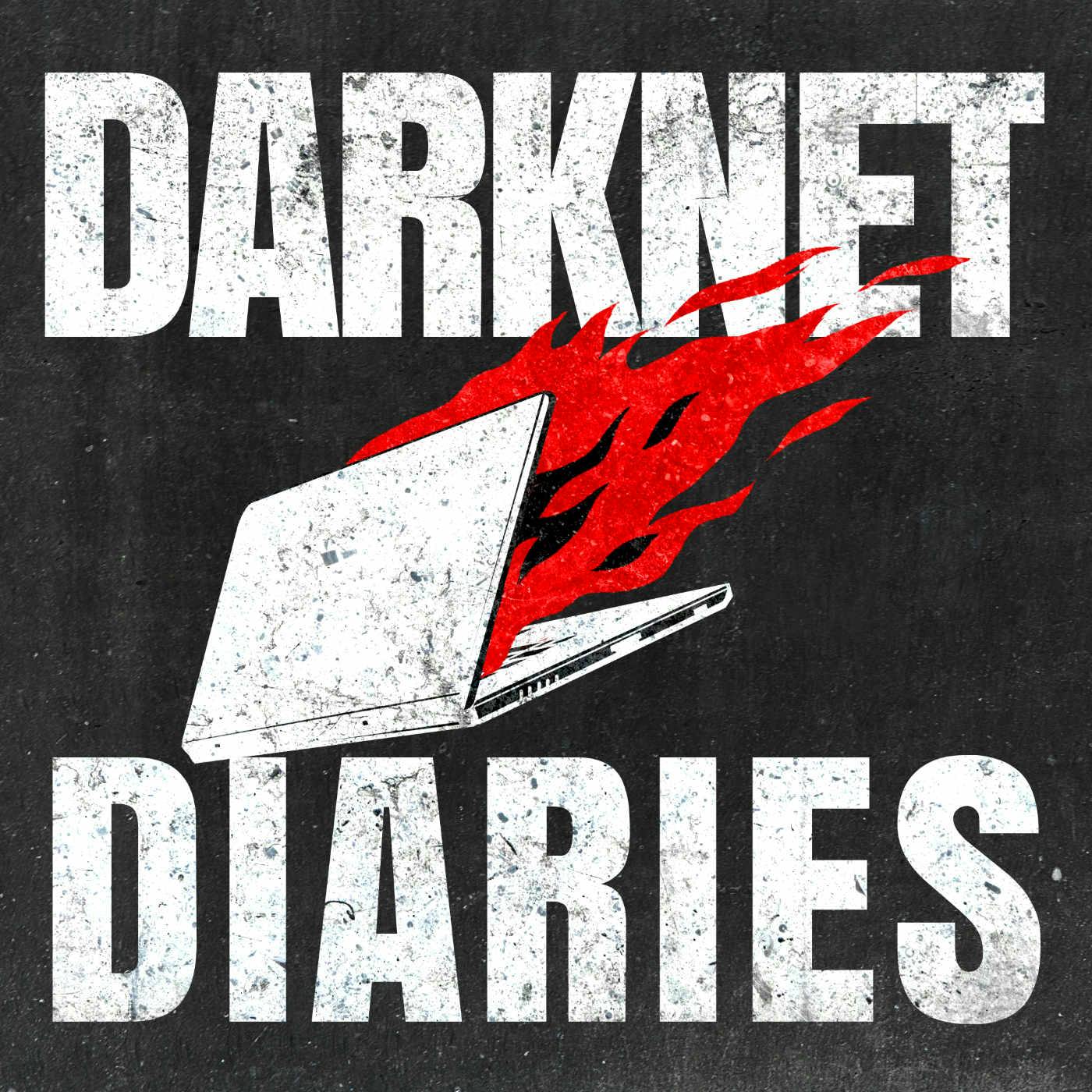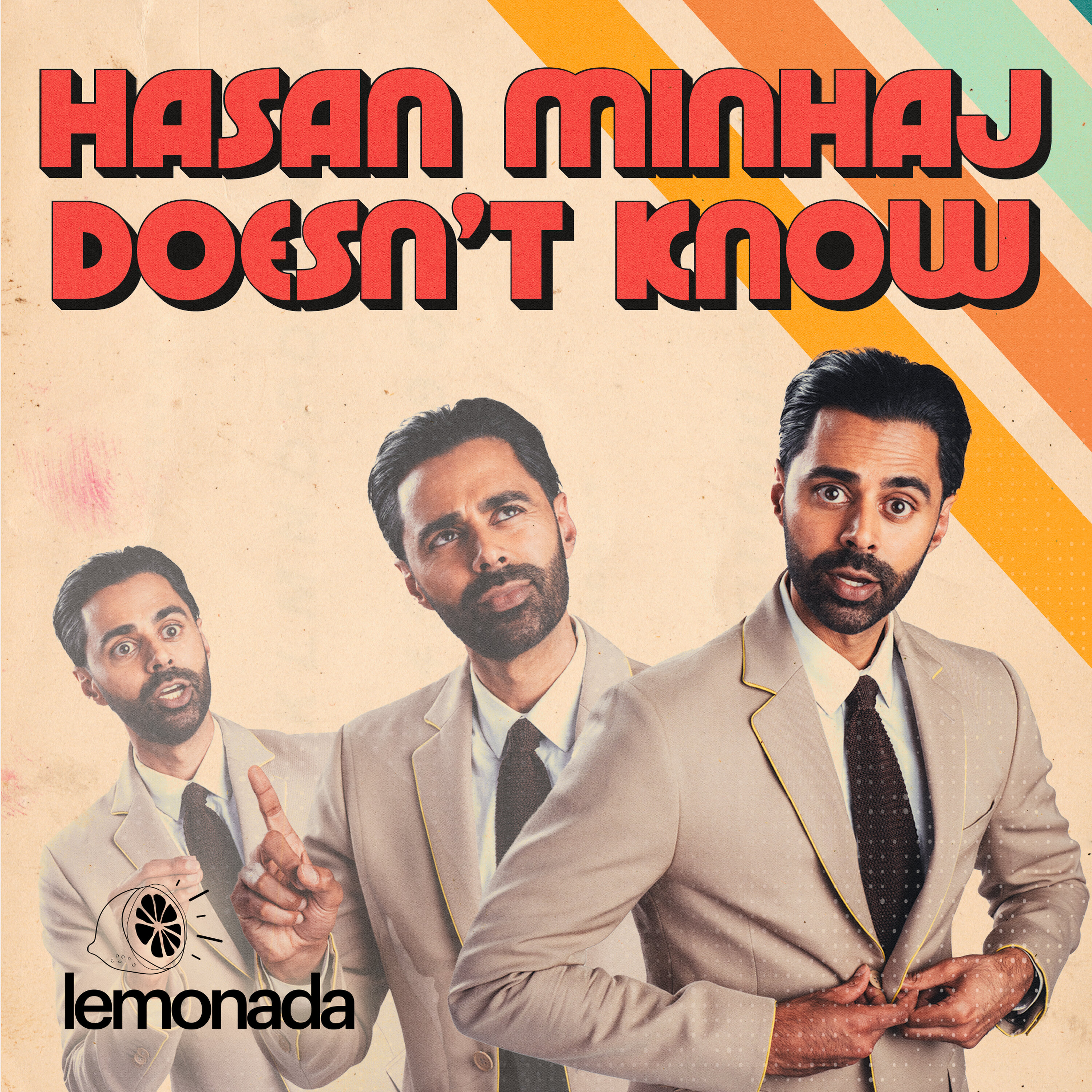
Fully Modulated
Fully Modulated is your backstage pass to the stories and signals that shaped radio, TV, and wireless communication. Join Tyler, a broadcast engineer, as he uncovers the wild moments, quirky legends, and technical breakthroughs that keep the world connected. From vintage radio hacks to the real drama behind today’s digital waves, each episode blends deep research, humor, and storytelling for anyone curious about how media magic happens. Independent, insightful, and made for every fan who loves a good broadcast mystery.
Fully Modulated
Why Satellite Radio Sounds Mushy
Ever switch sources in your car and feel the sound collapse as soon as you tap over to satellite? We pull back the curtain on why Sirius XM can feel flat and “blanketed,” tracing the problem to low bitrates, legacy codecs, and a hard ceiling on satellite bandwidth that forces tough choices. You’ll hear clear comparisons—48 kbps music channels and even lower talk channels versus 320 kbps streaming and lossless options—and what those numbers mean for stereo width, transient detail, and vocal clarity.
We walk through the tech without the jargon trap: how psychoacoustic encoding decides what to throw away, why the merger ballooned channel count but not spectrum, and how that pushed bitrates down even further. Then we look at the escape hatches. The Sirius XM app can climb to 256 kbps and relieve some pressure, but services built for fidelity still have the edge. Meanwhile, FM and HD Radio remain sleepers in this conversation: with a decent tuner and sane processing, they deliver cleaner stereo, more air, and less fatigue than the satellite feed many people default to on road trips.
From there, we shift to what actually matters for both creators and listeners. Most people don’t notice subtle artifacts unless they A/B sources back to back, which is why convenience keeps winning. But if you care about sound—or you’re building a brand around it—you can own the chain. We share practical steps for producers and broadcasters to protect dynamics, pick smarter encoders, and set bitrates that don’t sand off the highs. For listeners, we offer a simple testing routine and clear guidance on when to pick satellite, HD, or streaming so your setup fits the moment rather than fights it.
If you’re ready to hear more and settle for less mush, tap follow and leave a quick review to help others find the show. Share this episode with the audio nerd in your life and tell us your car A/B test results—what source wins for you, and why?
Send me a text message with your thoughts, questions, or feedback
If you enjoyed the show, be sure to follow Fully Modulated and leave a rating and review on Apple Podcasts or your favorite podcast app—it really helps more people discover the show.
Fully Modulated is not affiliated with or endorsed by any station, media company, or network. All opinions are solely my own.
Hey, thanks for tuning in to fully modulated. So let's talk about something a bunch of folks noticed, but uh even more folks just kind of accept. Sirius XM's audio quality. Have you ever wondered why it's kind of mushy compared to FM, HD radio, or just streaming something on your phone? You're not imagining it. Quick heads up though, before we get started, I'm not tied to Sirius XM or any uh big broadcaster or radio company for that matter. This is just a uh deep dive for anyone who really listens very intently on the radio programming that they're ingesting into their earholes. Anyway, this episode is covering why satellite radio sounds so compressed, why the business doesn't really care, and whether regular listeners even notice or care. Here's the scene. You hop into the car, flip on Sirius XM. Maybe you're excited to hear a new album, a talk show, whatever. And instead everything kinda sounds warped. And uh, you know, kind of sounds like it's wrapped up in a wet blanket. Voices sound squashed, the music feels tight, and you start missing all the little sparkles you get when compared to FM or HD radio or streaming. So what gives? Are we just audio snobs? Or is there something legit going on under the hood? Let's break it down from the tech side and the listener's experience. So here's some numbers to chew on. Sirius XM's typical music channel clocks in around 48 kilobits per second. Their chal their uh talk channels sometimes drop as low as 16 kilobits per second. Compare that to Spotify at 320 kilobits per second. Apple Music's lossless is even higher, obviously, and regular old CDs at a whopping 1411 kilobits per second. It's almost like satellite radio is intentionally squeezing out the flavor because they have a way they have way too much stuff to fit into little tiny space. Why? Well, it all comes down to compression. Sirius XM uses closed codex, proprietary codex, pack for Sirius, AAC for XM. Both are built on psychoacoustics, so they're trying to outsmart your ear. They they think they know what you won't miss, and just trash it to save space. At the right settings, nobody notices, but push it a little too far, and all the detail folks love about good sound, it's gone. And I can tell you, as someone who spent years listening for these changes, it jumps right out at me instantly. Music feels dry, stereo narrows, and voices pick up a little grit, in my opinion, almost sounds worse than AM quality nowadays. But here's the real kicker. Sirius XM isn't making most decisions for the Sonic experience. They're playing the numbers game. It's about channel quantity, exclusives, and endless choices. Audio quality is basically a hobby tier in their priority. Then there's the bandwidth lock. Sirius XM only gets maybe 25 megahertz for all their satellite channels. At encryption, error correction, and overhead together. Basically, every channel is fighting for a you know a little sliver of that pie. When Sirius and XM merged, the channel count exploded, but the the spectrum didn't. It stayed the same. They ended up having to lower bit rates even further just to keep the variety up. So you've switched from satellite to the Sirius XM app. Yeah, the difference is clear, isn't it? On the app, you can get up to 256 kilobits if you crank up the settings. It's better, way less compressed, but compared to Spotify or Apple Music, even those numbers fall short. Those services focus on sound and have a nearly unlimited bandwidth to play with. Sirius XM is stuck in the satellite era. So while streaming helps, it doesn't fix everything. And honestly, at one of my last jobs, management capped our station streams at 64 kilobits per second MP3 to quote unquote save money. It was brutal, especially on good gear. Saving on bandwidth basically saved pennies at the cost of making our music our music channels sound cheap. And don't sleep on regular FM or even HD radio with a halfway decent tuner. FM blows past Sirius XM satellite mushy sound any day. And HD radio, though still compressed, usually around 96 kilobits per second on the main channel using the HDC codic, still sounds way cleaner thanks to more modern codics. You get proper stereo, better depth, and real air in the sound. Plus, here's the big deal for radio folks. You have control. On traditional broadcast and modern streaming, you set the audio chain. So if you actually care, you can make your product sound phenomenal. With newer streaming options, you can go even further. That's your edge against satellite. And that typical just good enough streaming. Here's the twist. For most listeners, unless you go between sources back to back, they don't hear the difference. Engineers, producers, program directors, audio geeks, we notice the cracked highs, the crunched stereo or muffled vocals right away. But most people just want their favorite show or music uninterrupted. I hang out on re you know, these Reddit audio threads and radio forms. There's always a split. Audiophiles and pros say Sirius XM is garbage. I stick to FM or streaming. Regular folks, they kind of shrug. Convenience and no dropouts win the game every time. In science backs this up. Most folks only notice audio flaws when they're extreme. If distortion isn't slapping them right in the face, habit and convenience rule. That's why Sirius XM is fine with sticking with quote unquote good enough. It's not for the picky listeners like us. It's for the crowd that wants options. If you want better, you have to work for it. Or just tune somewhere else. So what is what does all this mean? If you actually care about sound quality, own your chain, FM, HD, and modern streaming, let you do that. Set the bar higher for yourself and your listeners. Don't settle for just good enough. Because people do notice, even if it's only a few at first, they stick around for stations and brands that do things right. So I want to do a quick little recap. Sirius XM compresses like crazy. Quantity over quality. The app, eh, it's a little better, but still not the best. FMHD radio are in a whole different league. Because local engineers can control the sound. Most folks don't notice unless it's really bad, or unless you show them, point it out. Audio nerds, we always notice. But business isn't built around them. Thanks for spending the drive or the morning with Fully Modulated. If you want to help the show grow, follow, rate, and review the show on Apple Podcasts and Spotify. Tell a friend, share it with a radio nerd, or, you know, you can always shoot me a note at Tyler at Fulymodulated.com. Follow Fully Modulated on Facebook or Fully Modulated Pod on Instagram. Keep pushing for better audio quality, better stories, and smarter radio. This is Fully Modulated. Powering down for now. Catch you next time. If you're tired of paying too much for your cell service, check out Visible Wireless. It's the real deal. Unlimited data, talk, text, and yes, even Hotspot, all running on Verizon's 5G and 4G network. Plan start at $25 a month with taxes and fees already included, no surprises, no games. Plus, you can bring your own phone and your phone number, or maybe grab a new one if you want. Super simple to sign up, and you can even activate via eSim if your device is compatible. Now, here's the kicker. If you use my special link, visible.fulymodulated.com, when you join, you'll get 20 bucks off your first month, and I'll get 20 bucks off. It's a total win-win. Now, this isn't some sponsored thing. It's just me sharing a hookup, my own referral code for you. Whether you're sick of big wireless or you just want to save some cash without losing coverage, visible makes it easy. Unlimited everything. No contracts and zero hidden fees. Seriously, why would you pay more? Visible dot fully modulated.com and start saving today.
Podcasts we love
Check out these other fine podcasts recommended by us, not an algorithm.

The Why Files: Operation Podcast
The Why Files: Operation Podcast
Sightings
REVERB | QCODE
This Week In Radio Tech (TWiRT)
guysfromqueens
The Ezra Klein Show
New York Times Opinion
Alive with Steve Burns
Lemonada Media
Friends Who Pretend
Chris Bryant
99% Invisible
Roman Mars
Hard Fork
The New York Times
The 404 Media Podcast
404 Media
Search Engine
PJ Vogt
Pod Save America
Crooked Media
Darknet Diaries
Jack Rhysider
StarTalk Radio
Neil deGrasse Tyson
Hasan Minhaj Doesn't Know
186k FilmsTechdirt
Techdirt
IT Horror Stories
NinjaOne
